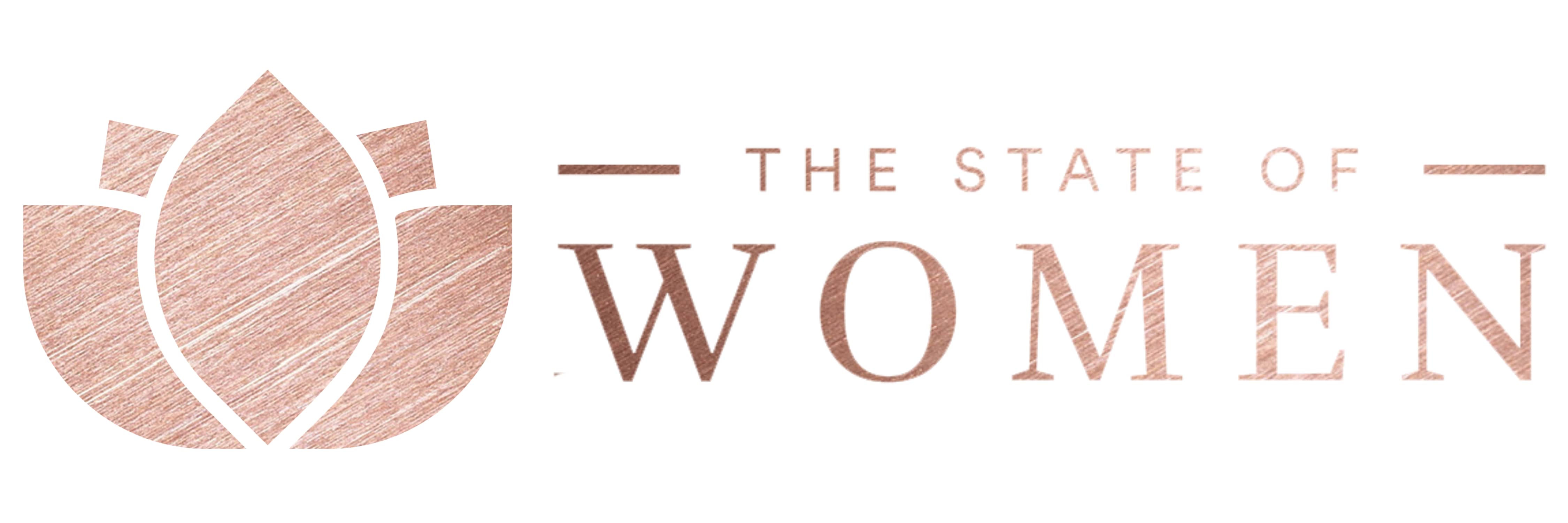This article originally appeared on the Women & Girls Hub of News Deeply, and you can find the original here. For important news about issues that affect women and girls in the developing world, you can sign up to the Women & Girls Hub email list.
By Marie Godin
As the dismantling of the “Jungle” camp for refugees in Calais continues this week, volunteers tell Marie Godin from the International Migration Institute that the camp’s most vulnerable residents – many of them women and children – face an uncertain future.
One of the things that shocked me when I first visited the “Jungle” camp in Calais is the fact women are almost invisible among the refugee population to the “casual visitor.” They were present, but mostly chose to hide themselves away for safety and protection.
Unaccompanied women and their children are allowed to stay in a special part of the camp referred to as Salam by the refugees, but officially known as “Centre Jules Ferry.” This area has better infrastructure and, most importantly, guaranteed security. Women who traveled with their husbands and children or other family members, many of them from Afghanistan and Kurdistan, often choose to maintain family life staying in the main part of the camp.
Some live in tents or caravans while others live in shipping containers, provided for some refugees after the first evictions in the camp at the end of February 2016. The containers offer more comfort than makeshift shelters and tents however they are also overcrowded. One woman from Afghanistan told me there were 12 refugees living in her container. Her husband and her two small children occupied one half of the container, separated by a small partition. The other occupants were all men. She said the container was an improvement because she felt more protected at night. However she said they have no shower, no kitchen and nowhere for the children to play.
I found one small oasis of humanity in the middle of the “Jungle” between the containers and the family part of the camp. It was a double-decker bus called “the ‘Unofficial’ Women and Children’s Centre” (UWCC), where women have their basic needs fulfilled with daily distribution of clothes, shoes, hygiene products, baby milk and nappies. But women can also come to let off steam, make friends and get beauty treatments so “they can feel human again,” as one volunteer told me.
While I was talking to a group of young Eritreans girls, they asked me to spell the words “London, we ♥ you” for them. Many of these girls and women dream of making it to England where family is often waiting. For Zaineb from Afghanistan, the dream was not so distant. In Calais, she was less than 50km (80mi) from her hoped-for destination of the U.K. She asked me to carry some of her belongings to her mother for safekeeping.
The situation for women and young girls who have been living in the “Jungle” is in flux again this week as French authorities started dismantling the site. Volunteers at the camp have been working with women and families to try and persuade them to give up their dreams of making it to the U.K. and apply for asylum in France instead. This could mean an end to their temporary status and allow them to start putting down roots in the country. Many remain reluctant however, particularly as the only experience they have had with French authorities is police trying to close the camps or contain refugees with a great deal of force.

Police officers form a line to push back people after fires were started in the makeshift migrant camp during demolition this week. (AP/Emilio Morenatti)
Rumors have also been circling about new accommodation centers provided by the French authorities to resettle refugees who have been living in the “Jungle.” Most are located in remote parts of the country, far away from the main cities. Some of the women I talked to mentioned that a few refugees who traveled to these new places earlier this month have already returned, saying they prefer to be in Calais.
To combat such problems and reduce further trauma and disruption to the refugees, charities in Calais have been trying to anticipate some of their needs at the new centers, particularly for women and children. For example, one French organization, L’Auberge des migrants (The Migrant Shelter Charity) has set up a network of volunteers to help refugees staying in accommodation centers across the country. Around 1,700 citizens have already been recruited as volunteers on the program in less than two months. Similarly, a sister organization of the unofficial women center called MEENA was put in place in the U.K. to continue supporting refugee women and girls who have crossed the English Channel either illegally or very recently via legal means (under the Dubs amendment to the Immigration Act 2016 or the E.U.’s Dublin Regulation).
Prior to the demolition that started on Monday, October 24, the U.K. had accepted 200 unaccompanied minors, among them more than 50 girls from Eritrea who reached London on Saturday afternoon. This is a good step, but more will need to be done to ensure other minors are offered a permanent home.

As the “Jungle Camps” in Calais are demolished this week, fears are growing for the safety of vulnerable migrants including many women and children. (AP/Emilio Morenatti)
In regard to the destruction of the camp, many are already questioning if it will really be the end. The “refugee crisis” in Calais is not new and has been going on for the last 20 years in varying degrees. As mentioned by many volunteers, it is expected that a substantial number of the refugees – among whom are women and children – will refuse to board the buses prepared to take refugees to accommodation centers in France and will be making the decision to stay around Calais, increasing the risks of being abused. Others will go but will likely return at some point. New refugees will also reach this transit place in the coming days and weeks, increasing the likelihood some sort of settlement will remain or be quickly re-established. It seems clear that long-term solutions between France and the U.K. urgently need to be put in place in order to guarantee women and girls’ rights in the near future.


